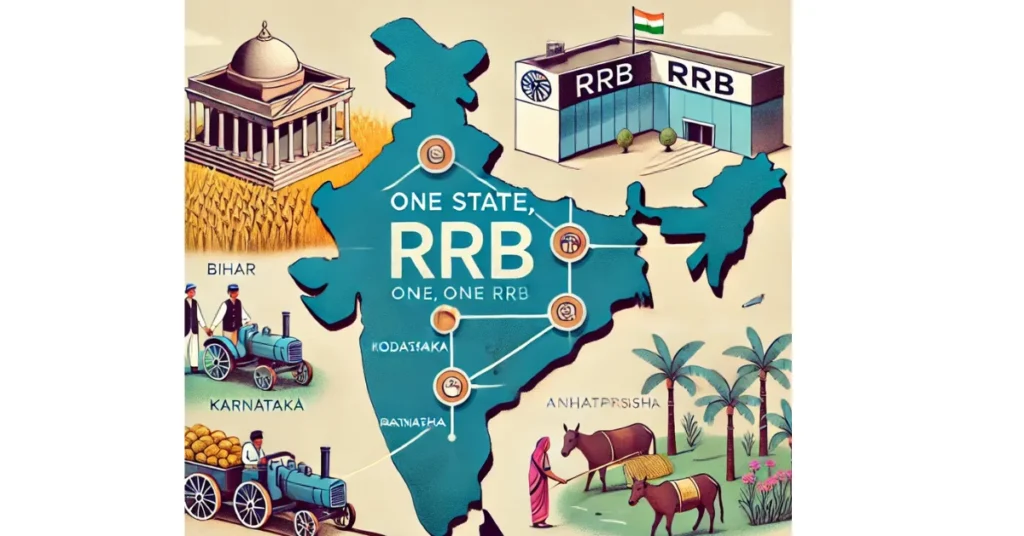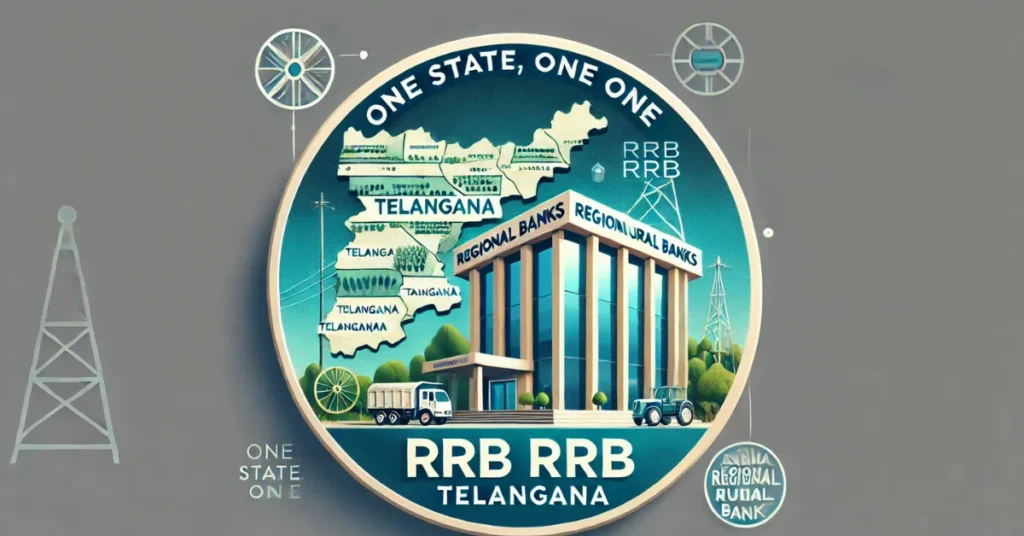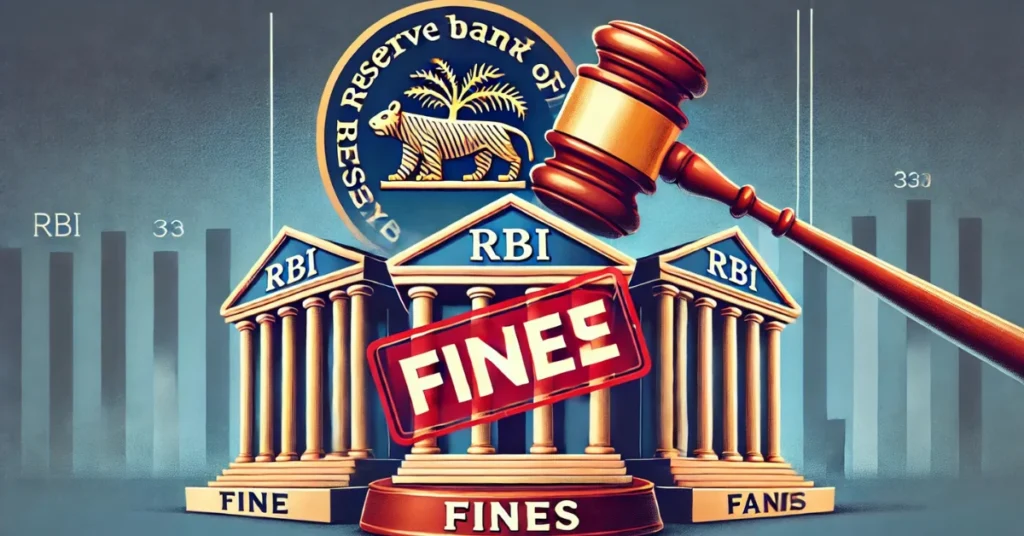The Banking Laws Amendment Bill, 2024 is a major update to how banks in India operate.
Passed by the Lok Sabha on December 3, 2024, this Bill modernizes outdated banking laws to better meet today’s needs.
It simplifies processes for banks, ensures better governance, and provides more protections for customers.
In this we try to understand how this impacts the banking sector and the everyday customer.
What Is the Banking Laws Amendment Bill, 2024?
The Bill changes several important laws related to banking in India.
These laws were created many years ago and needed updates to match modern economic conditions. The Bill makes changes to:
The Reserve Bank of India (RBI) Act, 1934 –Rules about how banks maintain cash reserves with the RBI.
The Banking Regulation Act, 1949 – Guidelines for how banks operate, including rules about directors and shareholders.
The State Bank of India Act, 1955 – Specific rules for the functioning of the State Bank of India.
The Banking Companies Acts of 1970 and 1980 – Laws related to nationalized banks.
By amending these laws, the Bill aims to make banking more efficient, transparent, and customer friendly.
Key Changes in the Bill
Simplifying Cash Reserve Calculations
Banks in India are required to keep a portion of their deposits as cash reserves with the RBI.
This ensures that banks have enough funds to meet customer demands and emergencies.
Old Rule:
The cash reserve requirement was calculated based on a two-week period called a “fortnight,” defined as Saturday to the second Friday after that.
New Rule:
Now, a “fortnight” is redefined as:
The 1st to the 15th day of the month.
The 16th to the last day of the month.
Why This Change Is Important:
The old system was complicated and hard to track. The new rule aligns with monthly cycles, making it easier for banks and regulators to monitor and manage cash reserves.
Longer Tenure for Co-operative Bank Directors
Co-operative banks play a key role in serving smaller communities and rural areas.
Their leadership is important for their growth and stability.
Old Rule:
Directors (excluding chairpersons and full-time directors) could serve for up to 8 consecutive years.
New Rule:
The Bill increases this to 10 consecutive years.
Why This Change Is Important:
This allows experienced leaders to stay longer and provide continuity in leadership, which is especially important for the smooth functioning of co-operative banks.
More Flexibility for Co-operative Bank Directors
Co-operative banks often need directors who understand local needs and banking challenges.
Old Rule:
A director of one bank could not serve on the board of another bank at the same time, except if appointed by the RBI.
New Rule:
Directors of central co-operative banks can now serve on the boards of state co-operative banks if they are members.
Why This Change Is Important:
This helps co-operative banks work together more effectively.
Experienced directors can now contribute their knowledge to multiple banks, improving decision-making and collaboration.
Updating the “Substantial Interest” Definition
What Is Substantial Interest?
It refers to how much ownership a person has in a bank or company, measured by the value or percentage of shares they own.
Old Rule:
Substantial interest was defined as owning more than ₹5 lakh in shares or more than 10% of a company’s paid-up capital.
New Rule:
The threshold is now raised to ₹2 crore. The central government can also revise this amount in the future if needed.
Why This Change Is Important:
The ₹5 lakh limit was set decades ago and is no longer relevant due to inflation and changes in the economy. Raising the threshold ensures fairness and aligns with today’s financial realities.
Enhanced Nomination Rules for Deposits and Lockers
What Are Nominations?
When you keep money, valuables, or use a bank locker, you can name someone (a nominee) to claim them if something happens to you.
Old Rule:
Customers could appoint only one nominee for all their deposits or lockers.
New Rule:
The Bill allows:
Up to four nominees for deposits.
Customers to assign specific portions of their assets to each nominee.
Lockers and items in custody to have nominations in a specific order of priority.
Why This Change Is Important:
This gives customers more flexibility to distribute their assets fairly among family members or other beneficiaries.
It ensures that their wishes are honoured and reduces disputes.
Better Use of Unclaimed Funds
What Are Unclaimed Funds?
Sometimes, people forget about money they have in banks, such as dividends, shares, or bonds.
If these remain unclaimed for years, the money is moved to special accounts.
Old Rule:
Unclaimed dividends were transferred to the Investor Education and Protection Fund (IEPF) after seven years.
New Rule:
The Bill expands this to include:
Shares where dividends haven’t been claimed for seven years.
Unpaid interest or redemption amounts on bonds for seven years.
Why This Change Is Important:
This ensures that unclaimed money is used for public education and investor awareness.
Importantly, people can still claim their money or shares even after they are transferred to the IEPF.
Banks Decide Auditor Payments
Old Rule:
The RBI and the central government decided how much banks paid their auditors.
New Rule:
Banks can now independently decide auditor payments.
Why This Change Is Important:
This gives banks more control over their financial decisions and ensures that auditing processes align with their specific needs.

Why Are These Changes Important?
The Banking Laws (Amendment) Bill, 2024, makes the banking system more efficient, transparent, and aligned with modern needs. It achieves this by:
Simplifying Rules for Banks:
Easier processes mean banks can focus more on customer service and innovation.
Strengthening Co-operative Banks:
Longer tenures and shared leadership improve governance in co-operative banks, benefiting smaller communities.
Modernizing Outdated Rules:
Higher thresholds for ownership and better use of unclaimed funds reflect today’s economic realities.
Empowering Customers:
More flexible nomination rules give customers better control over their assets.
Increasing Bank Independence:
Allowing banks to decide auditor payments strengthens their autonomy.
What Does This Mean for You?
As a Customer:
You will benefit from a system that’s easier to understand and better managed.
Flexible nomination rules and better handling of unclaimed funds directly protect your interests.
As a Co-operative Bank Member:
Your bank will have stronger leadership, leading to better services and decision-making.
As an Investor:
Unclaimed funds will now be better utilized for public good, and you’ll still retain the right to claim them.
Conclusion
The Banking Laws (Amendment) Bill, 2024 is a crucial step in improving India’s banking sector.
It addresses long-standing issues, modernizes outdated rules, and ensures that the system works better for both banks and customers.
By simplifying processes, enhancing governance, and protecting customer interests, the Bill creates a more efficient, transparent, and inclusive banking system for the future.






